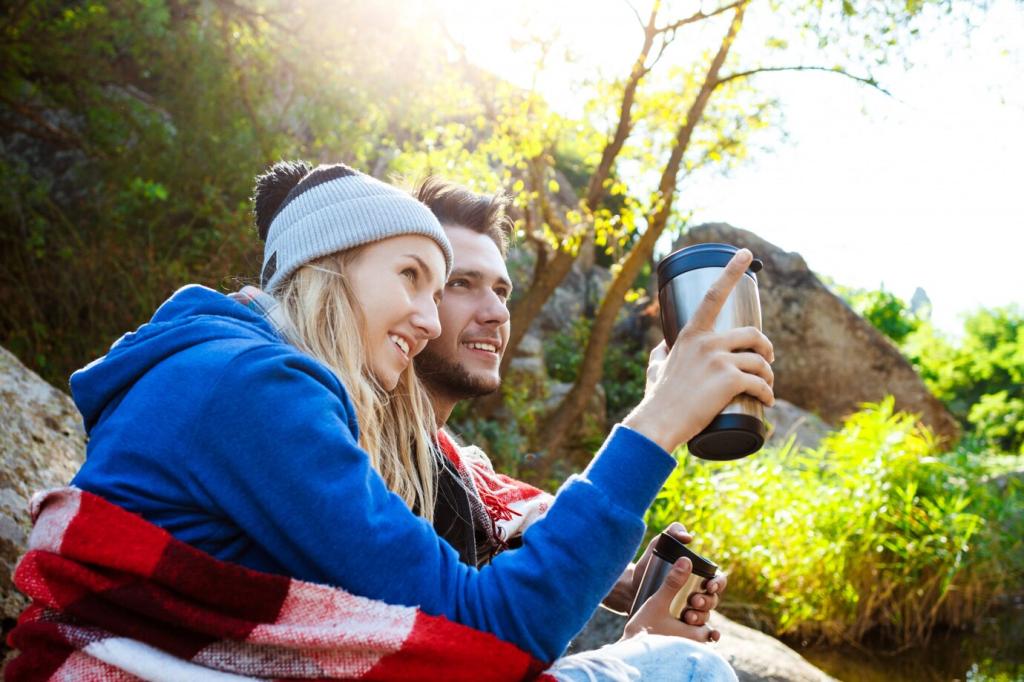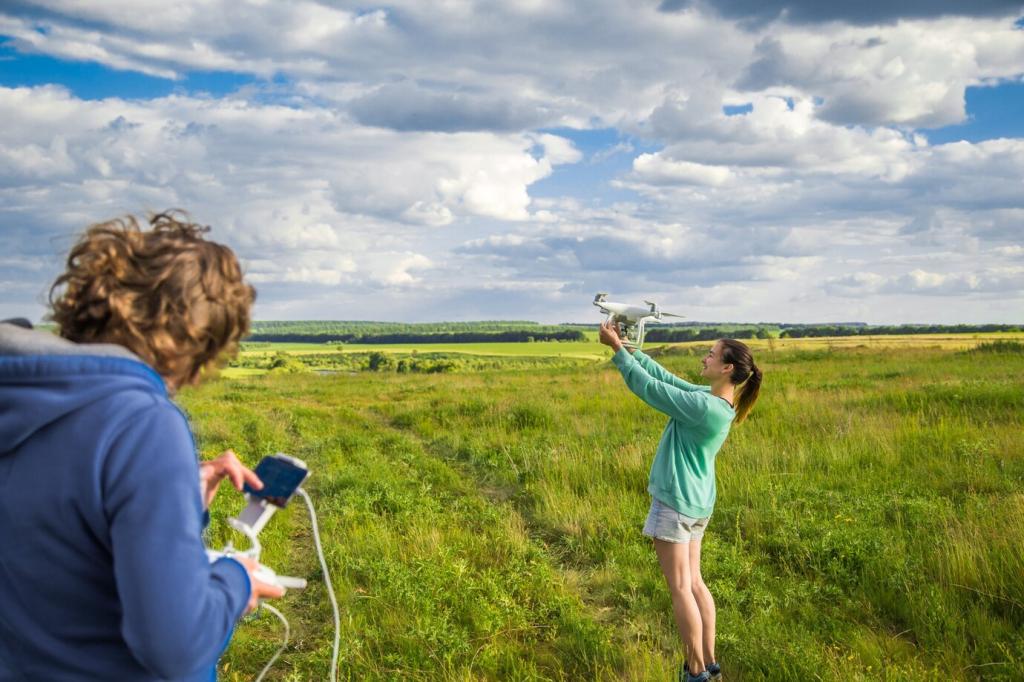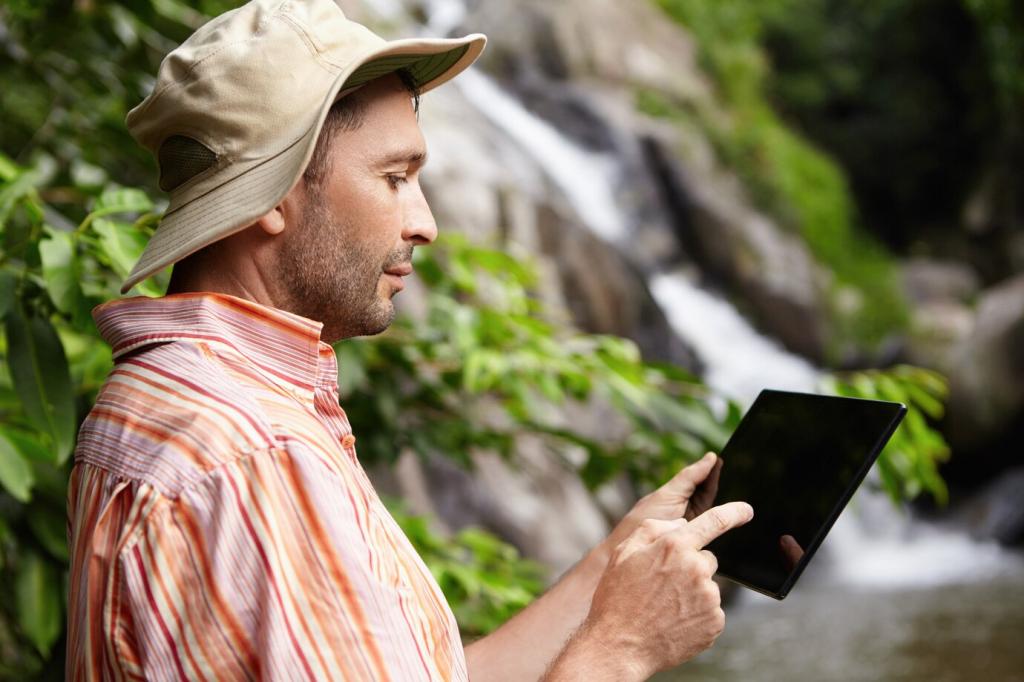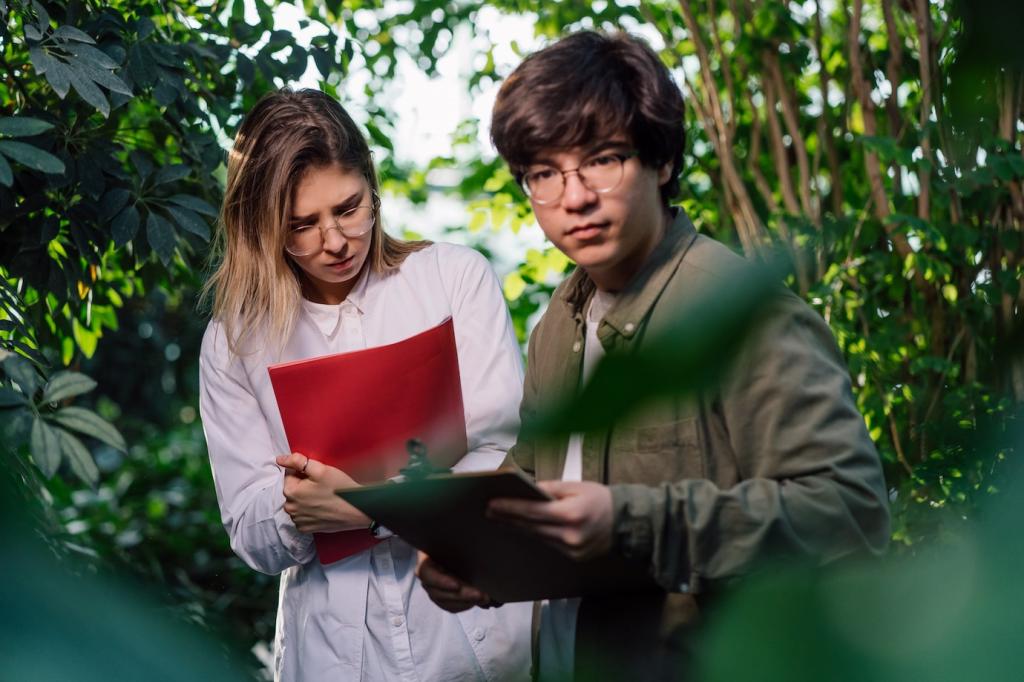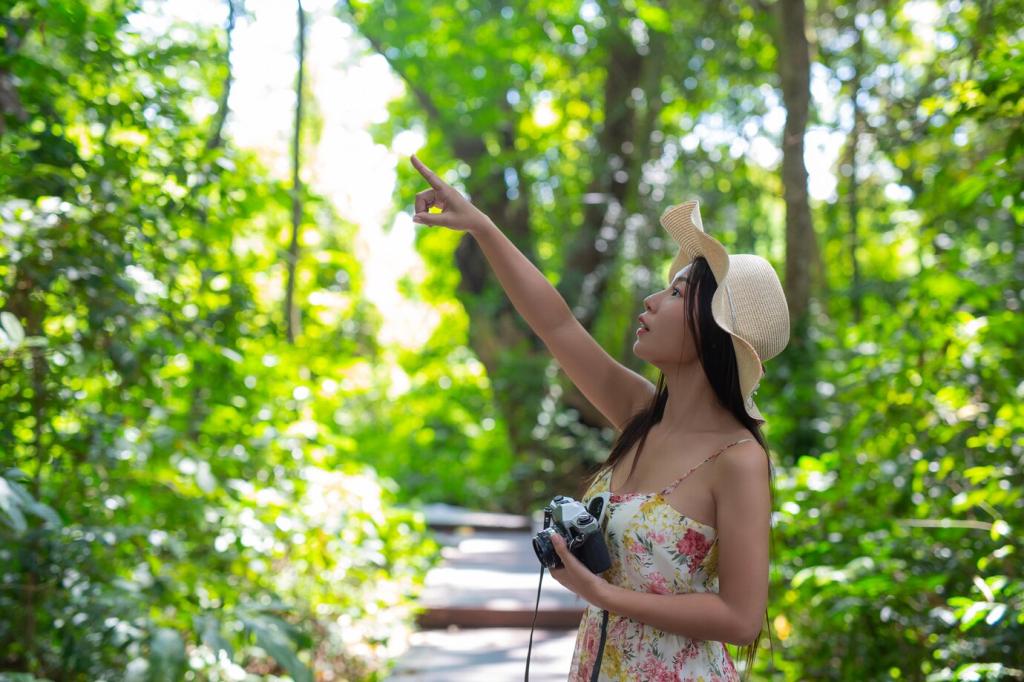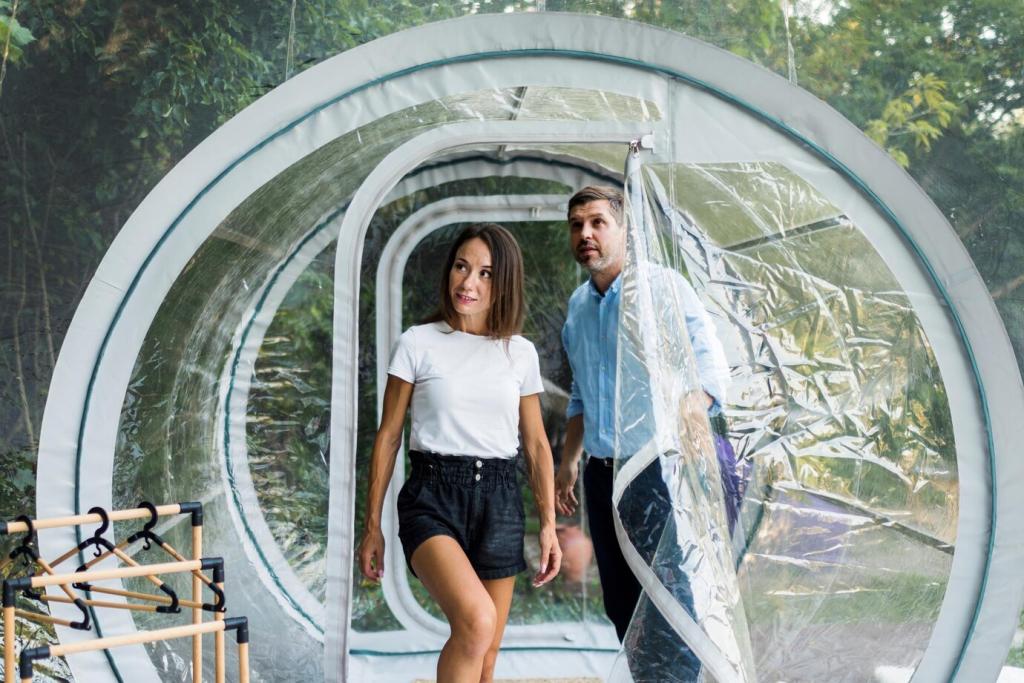Human Stories, Local Impact
Context‑aware translation tools help travelers learn greetings, customs, and histories beyond literal words. Guides set tone and cultural boundaries, while visitors arrive prepared. What phrase or tradition would you love to understand deeply before visiting?
Human Stories, Local Impact
Recommendation engines prioritize verified local operators, cooperative markets, and heritage crafts—measured by community benefit, not ad spend. Share a small business you discovered that deserves a brighter AI‑powered spotlight.

